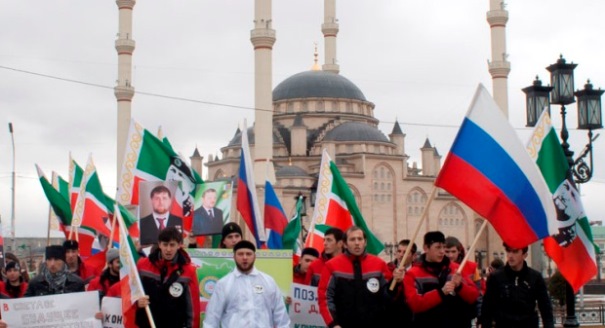Let me analyze the situation at three levels.
The short term: The Sochi Olympics will remain a high priority for the Kremlin, which will spare no effort to ensure their success, safety and security. With the nature of the threat becoming more diffuse and less detectable in advance, this will be a challenging task.
The medium term: Once the Olympics are over, the pressure will subside, and the government’s effort will slacken. In response, many of the threats which have been contained recently may resurface. As a result, low-intensity conflicts will intensify, with the Islamists regaining the initiative in some areas; radicalization, especially among the youth, will grow; and corruption will become more intense, with the federal programs shrinking.
The long term: The North Caucasus will not secede from the Russian Federation. Instead, anti-Caucasus sentiments across the Russian Federation will grow, with more people calling for stopping to “feed the Caucasus,” and some will demand that it be cut loose. Cutting off the North Caucasus, however, will hardly solve Russia’s internal security problems or help it build a nation state. The security problems have meanwhile migrated to cities and towns far from the North Caucasus; a future Russian nation state can only be based on a civic, not an ethnic-based nation; and there is no guarantee that a string of independent sultanates or emirates will not be taken over by local and international extremists to guarantee that Russia will not be able to relax.
This analysis leads to the following conclusion.
The way forward in the North Caucasus will only be possible in case of major institutional changes within the Russian Federation. It requires, at minimum, transparency of the financial flows to the region, and of how the funds are spent. It necessitates a palpable reduction of official corruption, and a much higher degree of police professionalism. It calls for clear government policies on labor migration, and for realistic programs of societal integration across the country. The North Caucasus will remain a special area de facto, and may be made so de jure, should circumstances demand it. However, trying to solve its problems by means of expulsion is an illusion.
